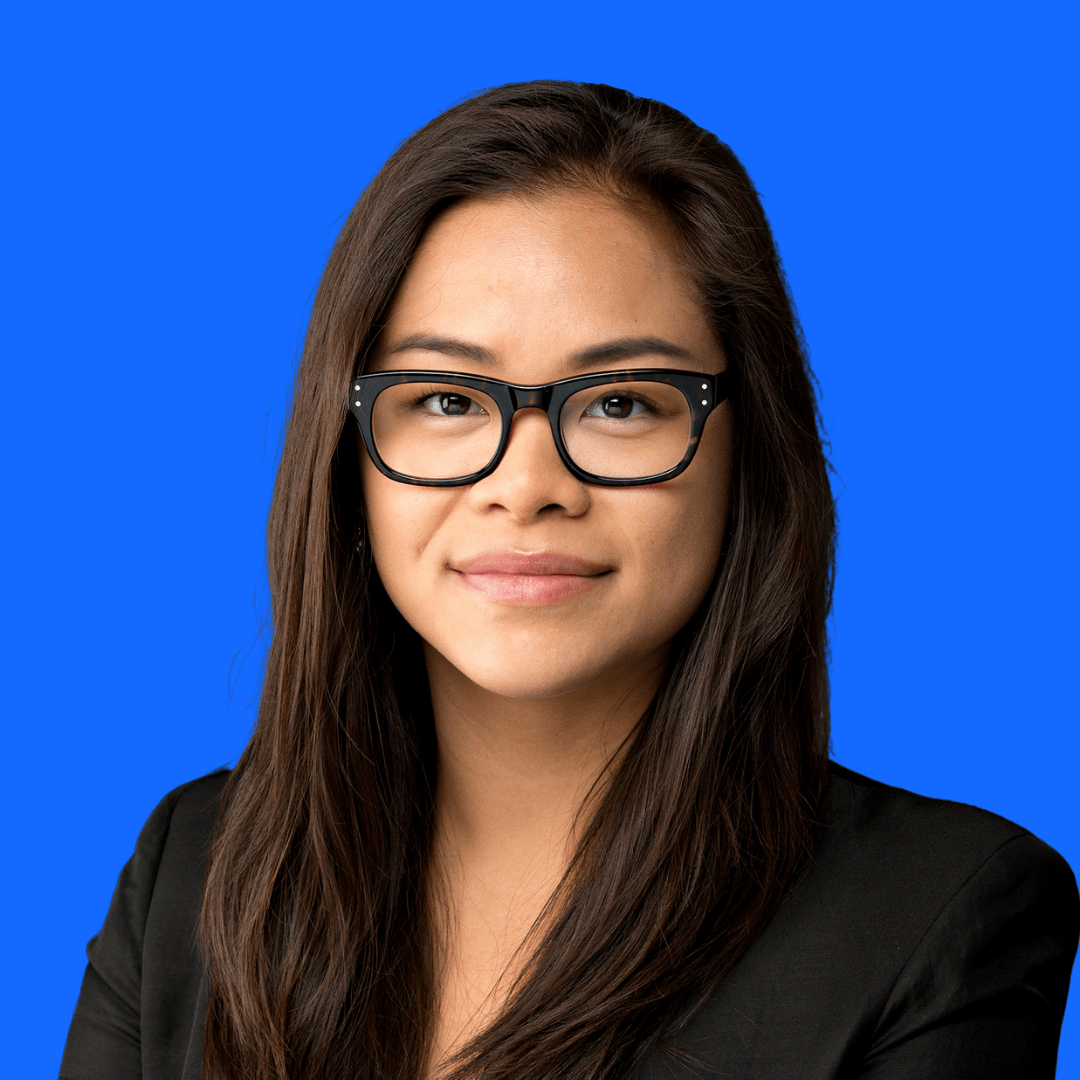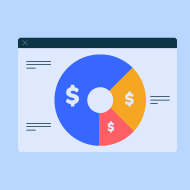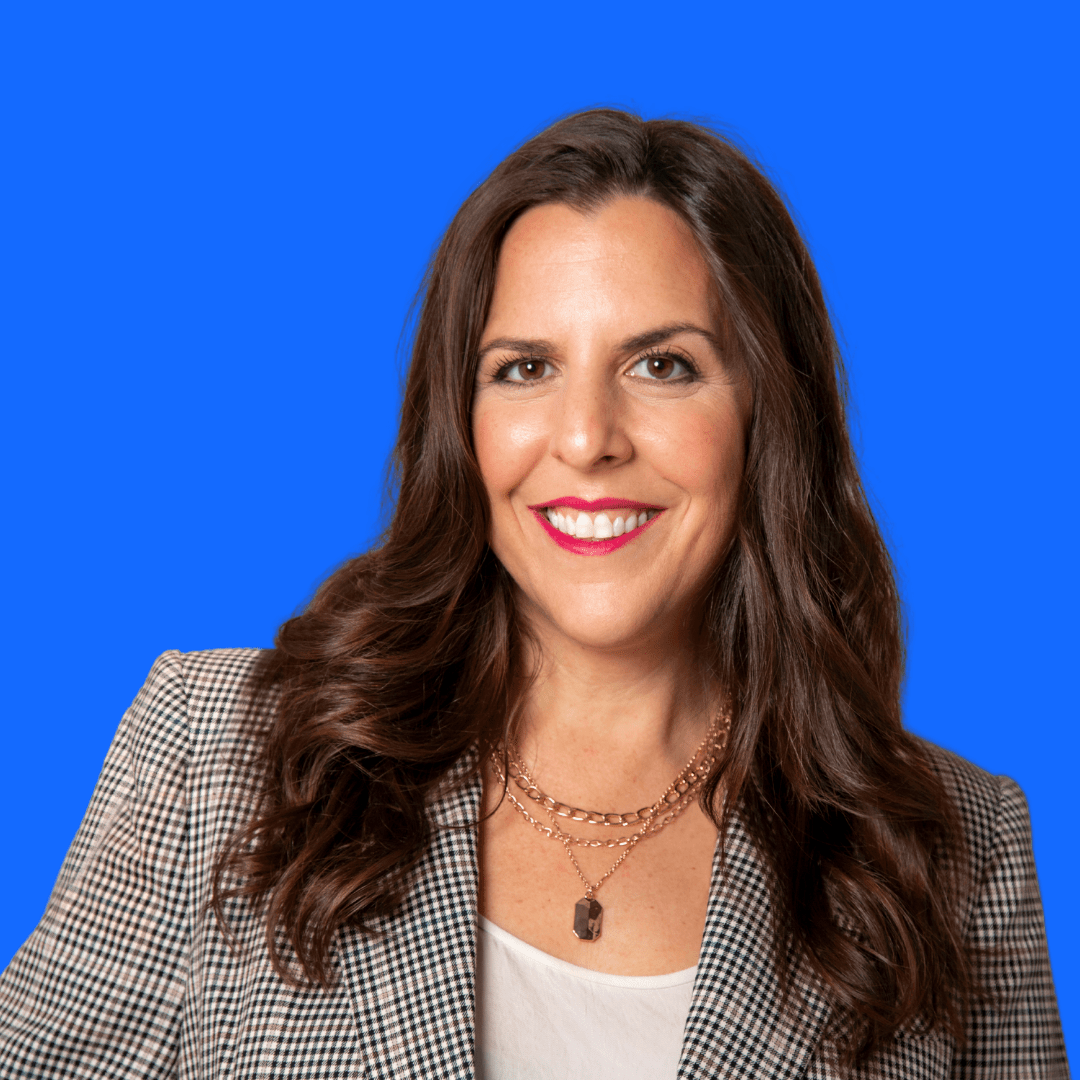The Crunchbase “Female Founder Series,” is a series of stories, Q&As, and thought-leadership pieces from glass-ceiling-smashers who overcame the odds and are now leading successful companies.
Dr. Amy Divaraniya is the CEO and Founder of Oova, a women’s health company. With 10 years of experience as a data scientist, Divaraniya led and published original research in the areas of personal genomics and biomarker discovery. Her solid understanding of biology and being able to apply complex analyses have led to innovative projects in the healthcare space.
In 2017, Dr. Divaraniya chose to pivot her career as a data scientist and devote herself to improving women’s healthcare. After facing her own struggles with conceiving her son, Dr. Divaraniya decided to build a solution to help women who are having a difficult time getting pregnant. Today, she and her team have built the first at-home test, Oova, that measures multiple hormones through urine samples and provides personalized results and insights on a woman’s fertility.
In this Q&A, Dr. Divaraniya shares her journey to founding Oova, the problems she is solving in the healthcare industry, and advice she has for other aspiring female entrepreneurs.

Q: Did you always know you wanted to be an entrepreneur?
No. In fact, I steered clear of any business classes during my formal education. My background was in biology. I have a Ph.D. in Biomedical Sciences with a focus on Genetics and Genomics, an MS in Bioinformatics, and a BS in Biology.
I knew I wanted to become an entrepreneur when I realized that there was no solution to the problem I was facing and I actually had an idea to fix that problem. More importantly, it was blatantly clear how little innovation was being done in the women’s health space. I remember I was sitting on my bathroom floor with my latest ovulation stick and a magnifying glass trying to see if there was a line there. I couldn’t believe this was my life. I was getting a Ph.D. in a field that was so advanced and yet, as I’m trying to have a baby, a process that has been around since humans were on this planet, I couldn’t utilize any advanced technology. I was using my dad’s magnifying glass and praying for a magical line to appear on a piece of paper. I knew I had to do something so no one else was ever found in that same position.
Q: Why did you choose to enter the healthcare field?
I began working on Oova because I felt I could make a difference in this space. Infertility was an issue I struggled with and I experienced how lonely, debilitating, and devastating it could be. I felt I could make a difference in women’s lives by providing them with information because data is powerful. Women are constantly being told to be their own advocates when it comes to their health. But it’s really hard to advocate for yourself when all the support you have are Google searches or comments collected in a Facebook group. I wanted to provide women with data they could use to be empowered to learn about their bodies. It gives women strength and stability to stand behind their symptoms. I wish I had a platform like Oova when I was trying to conceive and that’s why I wanted to create it for other women.
Q: What issues did you see in healthcare before you started your company? What inspired you to start Oova?
I founded Oova because I went through a difficult time trying to conceive my son. I expected that I would not get pregnant in the first few attempts but never expected my journey to be as heartbreaking and devastating as it was. I always had irregular cycles. My husband and I wanted to avoid going through invasive treatments because I believed that if I was meant to be a parent, my body would get me there without medical intervention.
That being said, I did everything I was supposed to do. I used ovulation sticks, took my body temperature each morning, and tracked EVERYTHING. And yet, I still got negative pregnancy tests each month. The apps I was using never seemed to understand me. I came to realize that all of these “smart” tools were designed for women who had perfect cycles and that wasn’t me. I didn’t fit that mold.
I began to learn that having irregular periods affected a majority of the female population. This made me realize that women didn’t have the tools they needed to understand their cycle. But the technology existed. It just wasn’t being applied to women’s health.
This is when I decided to create Oova – an experience that starts with data and ends with a woman being empowered with information about her fertility. The product had to be accurate, non-invasive, done at home, and completely personalized. My team has delivered on this vision. We built the first and only at-home test that quantitatively measures two hormones, informing a woman of her fertile days and confirming ovulation. The platform is completely personalized so all of the insights stem from her baseline hormone levels and detect fluctuations in daily levels by comparing to that. We’ve designed the perfect tool for irregular women.
Q: What problems were you trying to solve with Oova?
Women are getting pregnant later in life as they focus on their careers and achieving higher education. The average age at which women had their first child has advanced from 21.4 years old in 1970 to 26.9 in 2018, and this is still rising.
Unfortunately, as a woman gets older, it becomes increasingly difficult for her to conceive. For a woman trying to conceive naturally, the only option available to her was to purchase cheap, inaccurate test strips. These test strips have been designed for a woman with a perfect 28-32 cycle. If a woman has irregular cycles or irregular hormone levels, these tests will not work for her. In addition, these tests do not provide the critical piece of information required to truly understand her fertility – her hormone levels and behavior. The only way to obtain that level of data was to go into the clinic for invasive, costly, and inconvenient blood tests. We set out to design a disruptive solution that would be cost-effective, done at home, and be completely non-invasive.
We also wanted to ensure healthcare providers would find value in the information Oova was collecting. Currently, there is a big disconnect between healthcare providers and patients. Patients are monitoring on their own trying to learn about their body while clinicians run their own tests and have a mistrust for the information collected by the patient. Oova bridges this gap by providing a patient with clinically trusted results in the privacy of their home. In addition, we allow the patient to share the data with their healthcare provider in real-time directly within our system making the transfer of information incredibly seamless. Our solution allows a woman, her body, and her clinician to all have the same conversation.
Q: How did you network, find communities, and make the connections you needed to succeed?
When I was going through my own infertility journey, I joined a lot of groups on Facebook and started following a lot of accounts on Instagram to educate myself on my own body. I realized quickly how many women were suffering similar to me. It opened my eyes to how big of a problem infertility was.
Throughout my 18-month journey trying to conceive, I became a trusted source in these communities by sharing my own story, educating the members, and debunking myths. More importantly, I learned the pain points other women were experiencing. This helped me build out our feature set for Oova.
I was also in the midst of my Ph.D. at Mount Sinai Hospital and had access to many clinicians. I shamelessly reached out to doctors in the women’s health space – fertility specialists, Ob/Gyns, naturopaths, etc – to understand their pain points as well. This helped grow out my network on the clinical side as well. With this network in mind, we were able to build a solution that connected patients and clinicians to each other so they could treat a woman’s fertility collectively. I believe this is Oova’s real differentiator and will be the reason Oova succeeds!
Q: What is your advice for other female founders at the beginning of their entrepreneurial journeys?
Get used to hearing the word no. If you’re just starting out, all you have is an idea and you need to have full conviction in that idea. The rest of the world will constantly poke holes in your concept but if you believe in it, take their feedback and think about how to strengthen your product rather than letting it beat you down. Use that feedback to grow, iterate, and then reposition. You’ll be surprised how many no’s turn to yes’s when you are able to take critical feedback and apply it.
Q: Do you have a favorite quote or “personal mantra” you use to keep yourself motivated?
“A rising tide lifts all ships,” I have this written on a post-it on my desk because I believe this is the only way to succeed. We can’t do everything and if we try, then we will only be sub-par in our delivery of everything. Instead, I believe to be the expert in one area and then collaborating with others who are experts in their own, respective areas and finding a way for everyone to work together. I believe that if we can support each other, we will all be winners. I apply this mantra to most things in my life.
Q: What qualities do you possess that you think have contributed most to your success?
I am very humble and never hesitate to ask for help. I am very aware of the skills I possess and more importantly, the skills I do not. I don’t try to be an expert in everything and like to surround myself with people who are smarter and more experienced than me. I believe this is the best way to grow as an entrepreneur and as a leader. I never hesitate to ask others who have more experience for their advice on various topics.
Q: What do you find most rewarding about your experience as a founder so far?
The most rewarding experience for me thus far is seeing the difference we are making for families. Our product has helped so many families grow whether it was through natural pregnancy, assisted reproductive treatments, or a mixture. It’s amazing to know that the work my team has put into Oova is paying off and impacting so many lives.





